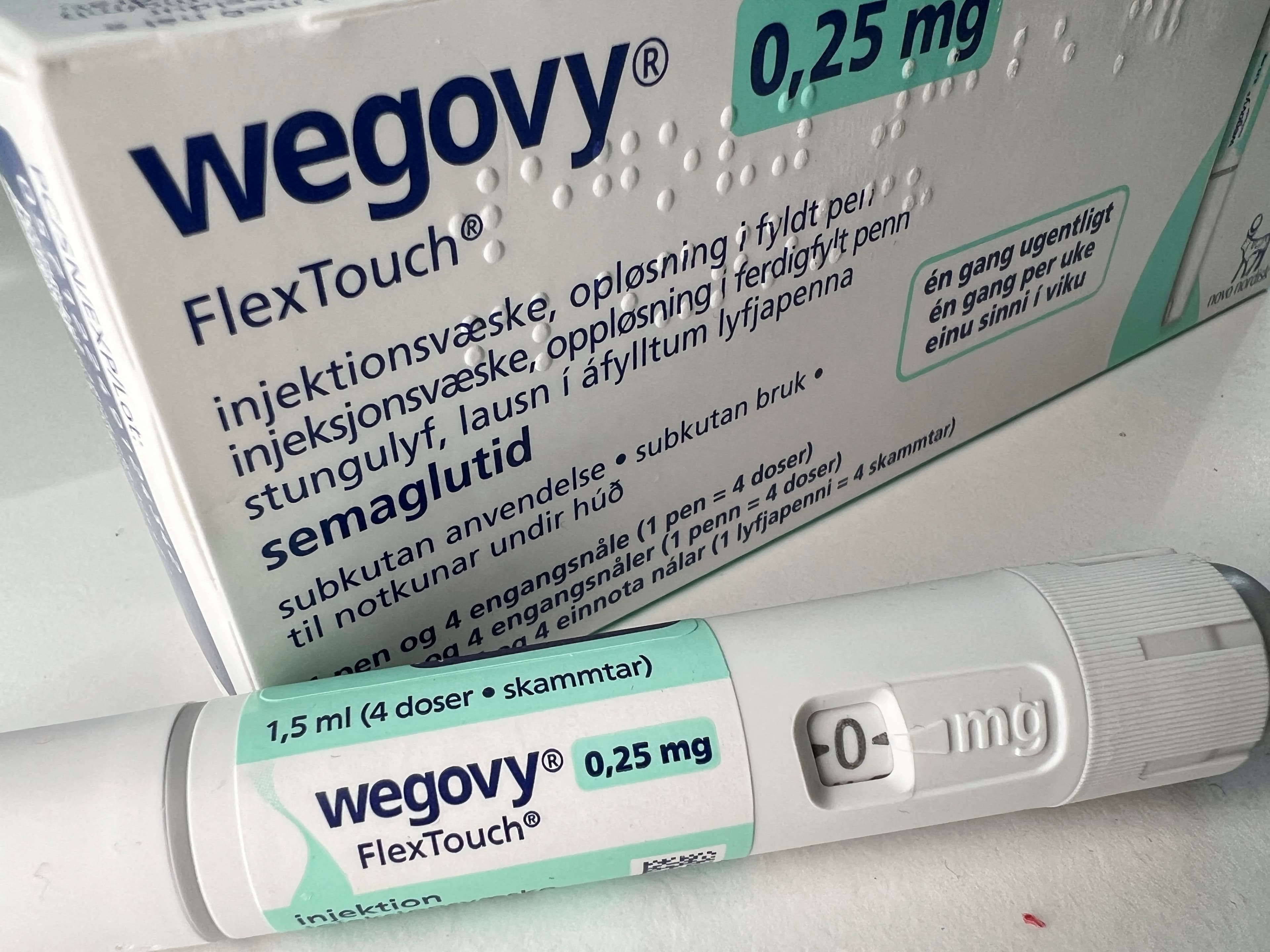Regulatory Scrutiny Intensifies Over Weight Loss Drug Mergers Amid White House Inquiry

At a recent White House press conference focused on weight loss drugs, journalists raised pointed questions regarding market consolidation, specifically addressing Novo Nordisk's acquisition of a small obesity drug developer. Reporters from Endpoints News, including Maxon, inquired, "> what the president thinks about Novo buying a small obesity drug developer. Is it anti-competitive? Will the president & FTC help the deal go through?" The question highlights growing concerns over competition in the rapidly expanding weight loss medication market.
The market for obesity and weight loss treatments has seen explosive growth, driven by the success of GLP-1 agonists like Novo Nordisk's Wegovy and Ozempic. This surge has positioned Novo Nordisk as a dominant player, leading to increased interest in smaller biotech firms developing complementary or next-generation therapies. The company's CEO, Lars Fruergaard Jørgensen, has consistently emphasized Novo Nordisk's long-term commitment to growth in the obesity sector, stating the expectation to "grow in obesity for decades" and to significantly increase supply to meet soaring demand.
The Federal Trade Commission (FTC) has signaled an aggressive stance against anti-competitive practices in the pharmaceutical industry. In December 2023, the FTC and Justice Department issued new Merger Guidelines, explicitly targeting mergers across all sectors, including healthcare and pharmaceuticals, to protect competition. FTC Chair Lina Khan has repeatedly warned against pharmaceutical mergers, with the agency actively challenging proposed acquisitions, such as Amgen's bid for Horizon Therapeutics, on grounds of potential monopolization.
Historically, the White House, particularly under the Trump administration (implied by "DJT" in the tweet), has prioritized initiatives to lower prescription drug costs and increase market competition. Previous executive orders and policies aimed to reduce drug prices and allow for the importation of cheaper medicines. This background suggests a general administrative inclination to scrutinize deals that could potentially reduce competition and drive up costs for consumers.
While specific statements from the President and Novo Nordisk's CEO regarding the alleged acquisition of a company associated with the ticker $MTSR at this particular press conference were not immediately available, the inquiry underscores a significant trend. The pharmaceutical industry, especially the lucrative weight loss drug segment, remains under intense scrutiny from both regulatory bodies and political leadership. This heightened oversight indicates that future mergers and acquisitions in this space will likely face rigorous examination for their potential impact on market competition and drug accessibility.